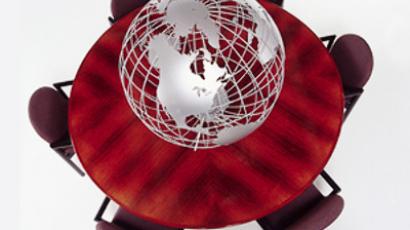Old light bulbs face the dimmer
Europe’s move to phase out 60 watt light bulbs next year after banning 75 watt bulbs last week is also the future direction for Russia, as energy efficiency starts to take on a day to day meaning.
Vladimir Gabrielyan, General Manager of Philips Lighting, East Europe is a long-standing advocate of energy-efficient lighting and defends the flourescent lamps heavily promoted by governments around the world.
“These lamps are normal lamps which we are using already for decades in our offices, in shops, in schools, in kindergartens. So, this is nothing new, actually, it’s a big lamp which became small and its put here.”
The LED lamp made of plastic – is the future, he says. It’s a direct replacement of the popular 60W light bulb. It gives off the same warm glow, though it lasts 25 times longer and uses 80% less energy. The only problem he notes is the price tag.
“This lamp will be introduced into the market of Europe and its shelf price will be 49 – 90 euro. But the thing is actually that we also have a road map of how to break costs by 2015. We want this lamp to cost in a shelf 5 euro.”
Simple mathematics shows the energy efficient lamps are cheaper long term. When people finally believe it and change old bulbs at homes, the Russian economy, for example, could save up to 20 billion euro a year, according to Miles Stump, from Sustainable Energy Finance at the International Finance Corporation.
“There’s going to be inevitably some push back from the people who are conservative, who use these kind of bulbs their whole lives. I think, it’s absolutely normal that there’s going to be some kind of resistance to this initially, but I think, the governments are doing the right thing in the EU and in Russia by pushing them.”
At the moment Russia doesn’t have its own production of energy efficient lighting…that’s why the ban on the most powerful wattage lamps have already been postponed until 2012. Although bulbs from good old days are banned in Europe, people nostalgic for them can always bring back a souvenir from Russia, where even 100 watt models will stay on the shop shelves for quite some time.













